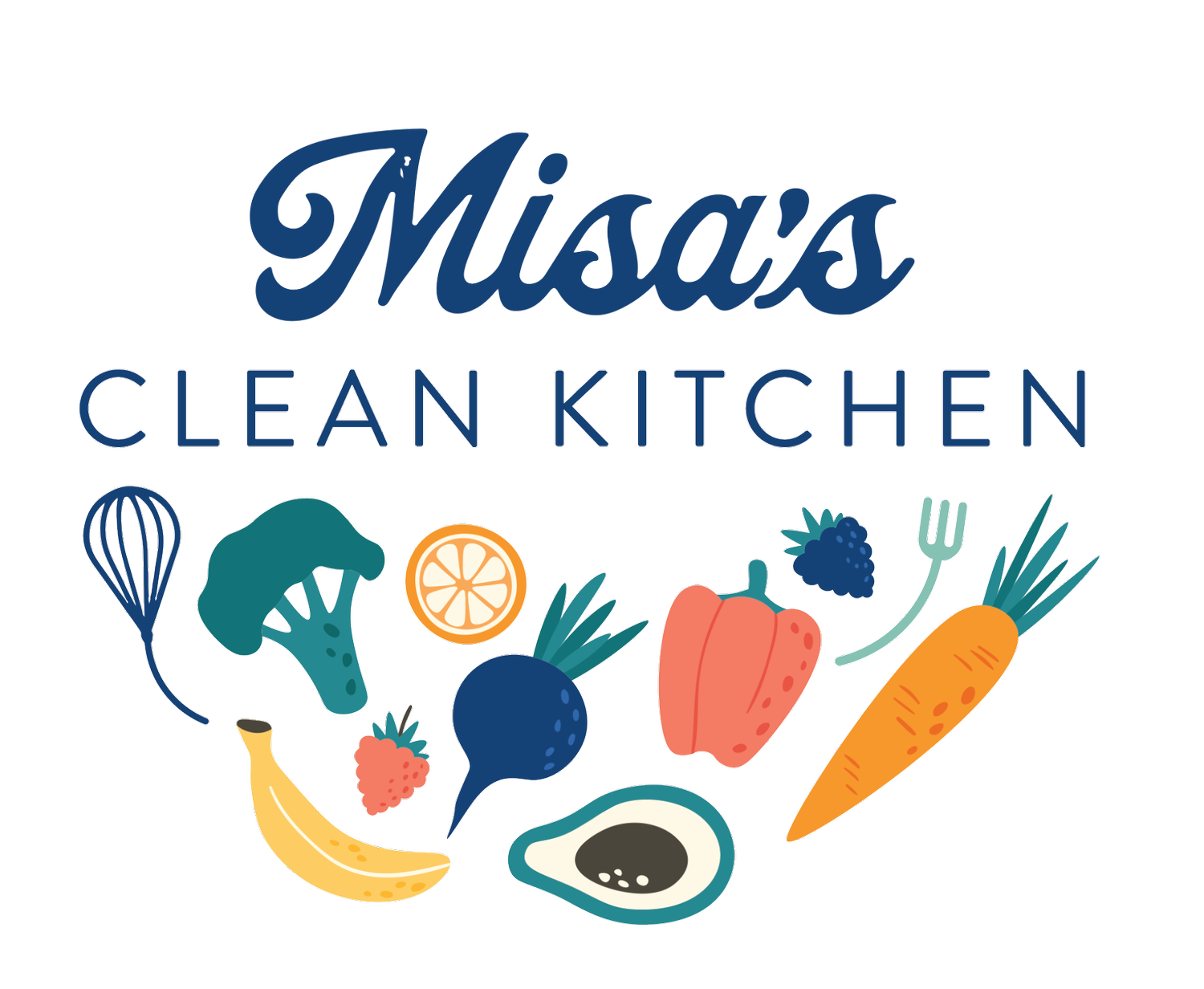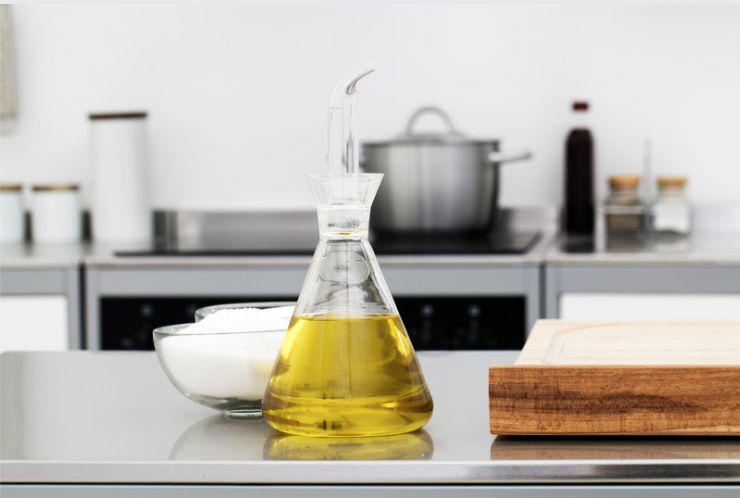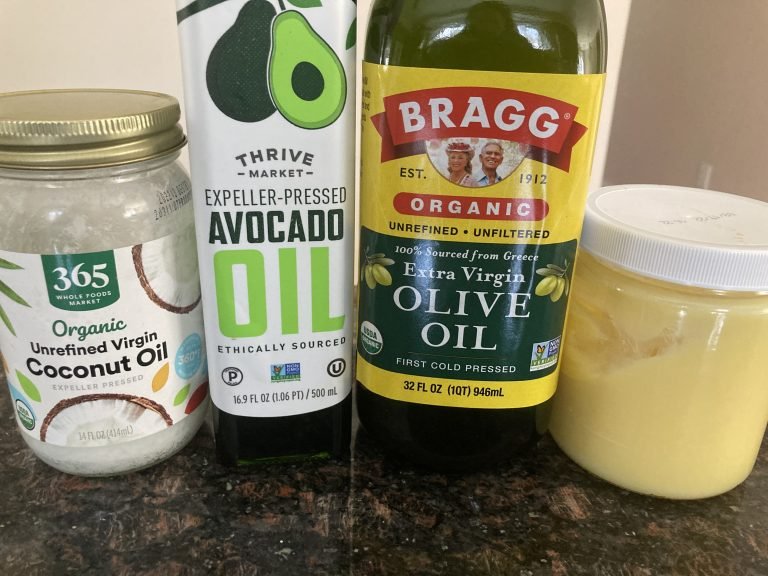What Are Seed Oils and What We Should Know
As I continue to read and learn about seed oils and how they have taken over our modern food supply, I become more and more passionate about minimizing my family’s consumption and sharing with others how too much of these oils can negatively impact our health.
What are industrial seed oils?
The highly processed oils are extracted from soybeans, corn, rapeseed (the source of canola oil), cottonseed, and safflower seeds and are then made into a variety of seed oils. They are classified as polyunsaturated, omega 6 fats.
How are industrial seed oils made?
Seed oils undergo a series of processes including:
Gathering the seeds and then heating them to high temperatures which causes the fatty acids in the seeds to oxidize.
The seeds are then processed with hexane, a chemical solvent to help maximize extraction.
The oils are then deodorized. During this process trans fats are produced which are known to be harmful to our health.
Lastly, more chemicals are added to improve color of the seed oils.
Why is it important to minimize our consumption?
Our ancestral diet was once a 1 to 1 ratio of omega 6 to omega 3. The standard American diet is now as high as a 30 to 1 ratio which can lead to inflammation in the body. Chronic disease is often linked to inflammation which is why it is important to be mindful of our omega 6 to omega 3 ratio. If you want to dive into this topic more, check out this link.
What are some simple ways to reduce our seed oil consumption?
Start reading your labels. There are more and more processed foods out there that are using coconut oil, olive oil, and avocado oil instead of the seed oils. A few of my favorite brands are Siete, Primal Kitchen, and Purely Elizabeth.
If you cook with seed oils, swap them out for avocado oil, coconut oil, butter, and olive oil. Avocado oil is best for high temperature cooking.
If you go out to eat a lot, most restaurants are using the seed oils because they are inexpensive. Try to cook more at home to reduce your seed oil consumption.
What are ways to increase our omega 3 consumption?
Eating more seafood is the easiest way to increase your omega 3 fat consumption. There is also a small amount of omega 3s in grass finished beef, pastured raised eggs, and dairy from grass-finished cows. You can also ask your doctor about supplementing with fish oil or if you don’t eat fish there is algae oil. Walnuts, chia seeds, hemp seeds, and flaxseeds are also sources of omega 3 fats.
How I approach seed oils with my family.
With all this said, as with many topics in the health field, seed oils remain a controversial issue as to whether or not it is important to reduce our consumption. Polyunsaturated oils do reduce our LDL cholesterol, which is a good thing, but there are so many other ways to reduce our LDL cholesterol. In my opinion, the cons seems to outnumber the pros, which is why I choose to minimize my family’s consumption when possible.
With that said, seed oils are in everything, and are really hard to avoid all together. Switching what you cook with to avocado oil, olive oil, coconut oil and butter can make a huge difference. Over the years, I have been able to swap out certain processed foods for better options, but I’ve yet to find replacement for all of the processed foods we consume. My girls love pretzels and I have yet to come across pretzels that are made with a better oils, so I still buy them, but I only buy a bag a time, to help us with moderation. We also do try to eat seafood once or twice a week and supplement with fish oil for brain health and to help improve our omega 6 to omega 3 ratio.
My go to cooking fats include coconut, avocado, and olive oil as well as ghee and butter on occasion from grass fed cows.
Want more guidance?
Hopefully this post provides you food for thought and tangible steps you can take in optimizing your family’s health. If you want more guidance on this topic, I offer virtual or in person pantry make overs (depending on your location and preference) where we together go through your pantry, read ingredients, and find simple swaps if and when desired. I meet you where you are and help you make small, sustainable steps that can make a big impact on your family’s health. Feel free to reach out with any questions.
Cheers to a life of health and happiness!



